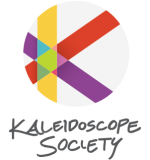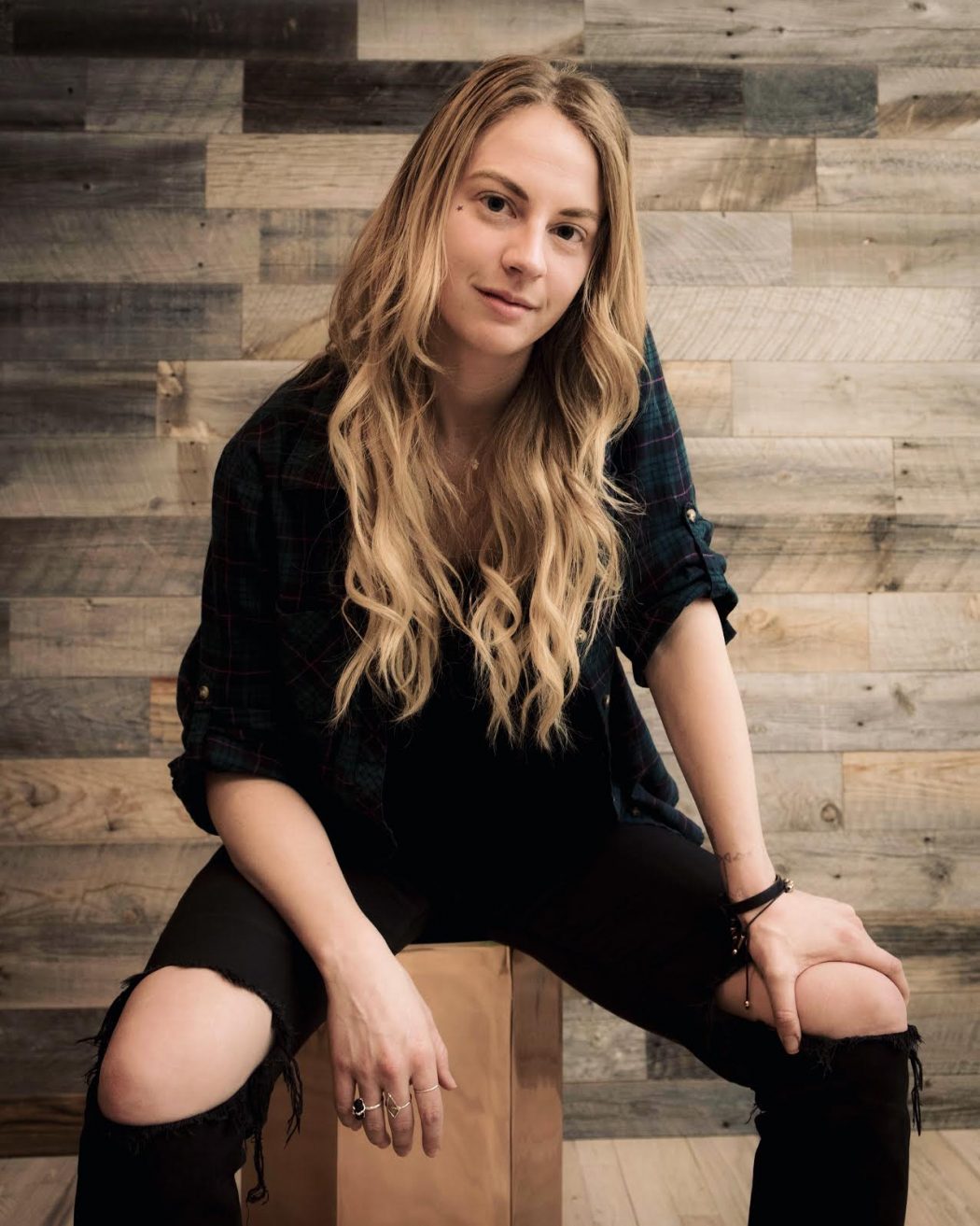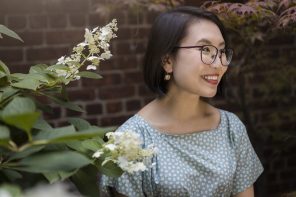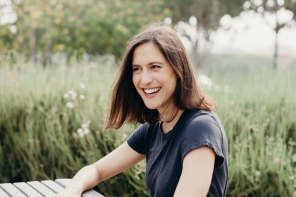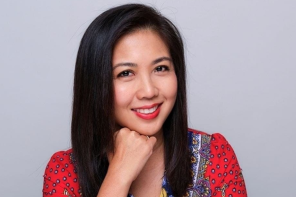Haye is a 25 year old Art Director at an advertising agency in NYC, with an Illustration studio in Brooklyn. ADHD hasn’t stopped her from doing anything, but has taught her to do things her own way.
We’d love to hear your story of when you were diagnosed with ADHD, and what that experience was like for you.
I was diagnosed with ADHD and dyslexia in first grade, so I’ve never really known a day without it; I’ve had it since as long as I can remember.
Was there a moment in your life where you made that transition from fighting ADHD to accepting it? Or has it always been a back and forth?
I think it really happened in high school. Public elementary and middle school was difficult. The classes were super big; I had an aide, (according to my IEP), and I would have to sit in the back of the room with her. I found the back of the room very distracting, so I wasn’t absorbing the full lesson. This obviously made homework time, very frustrating. I didn’t understanding why this is so hard for me, why I wasn’t like the other kids. It wasn’t until I went to a private boarding high school (Blair academy) where I was able to flourish. This was were I really discovered what worked for me, and developed the confidence and the language to ask for what I needed.
For anyone reading your story who might still be in school, are there any concrete tips that you would recommend?
Yeah. I tend to find myself extremely organized, it’s the only way I can do all the things I want to do.
– color code things
– make to do lists
– sit in the front of the classroom and keep all the distractions behind you
– get a tutor to help with one-on-one lessons
You said you have a mantra “Comparison is the thief of joy.” Can you tell us about that?
I actually discovered it during my Peace Corps service in Botswana, Africa. If you compare yourself to what everyone else is doing you’ll take yourself out of the moment of the things you are trying to accomplish
During my Peace Corps service I had to learn a whole new language, Setswana. This took me a little bit longer to pick up then other volunteers, but instead of worrying about it, I focused on my creative strengths. I developed an after-school program that focused on learning through play, and developed interactive lessons that got everyone involved.
Now that I am back stateside I have applied this learning to the “bigger picture,” if you will. If I compare myself to others I forgot about all the things that make me special, and ADHD is one of those things.
What other unique gifts, or superpowers do you have because of your ADHD and dyslexia?
I think it’s really empowering that Kaleidoscope talks about ADHD as superpower, because I see it as mine. It is something that I feel very passionate about, that makes me unique. I look back on all the things I’ve gotten to do and they’re so different. Like studying abroad in India, bodybuilding in Ohio, being a national swimmer throughout my college career, the Peace Corps, and to now being an illustrator and working in advertising. I’ve had so many opportunities to do so many different things, and I think that is a tribute to ADHD. It’s allowed me to be fearless, and to jump into different things even when I know they are going to be difficult. I’ve developed that work ethic since first grade and I’m comfortable with being in new, different, risky situations and going with it.
It’s allowed me to be successful in so many different ways, because I’m fearless. I’m okay with taking the risk. And I think in taking the risk, you’re probably going to fail a couple of times but I’ve become comfortable with that. I call it unshakeable spirit, you become resilient. If you’re going to constantly be trying new things, you’ll constantly be learning and hitting some speed bumps along the way. And from these learnings you start to develop more tools to keep in your toolbox, making you that much more successful the next time you decide to go and do something riskier, or out of the norm. That’s a superpower that I have, the fearlessness to take a risk and have an unbreakable spirit even in the face of “failure.”
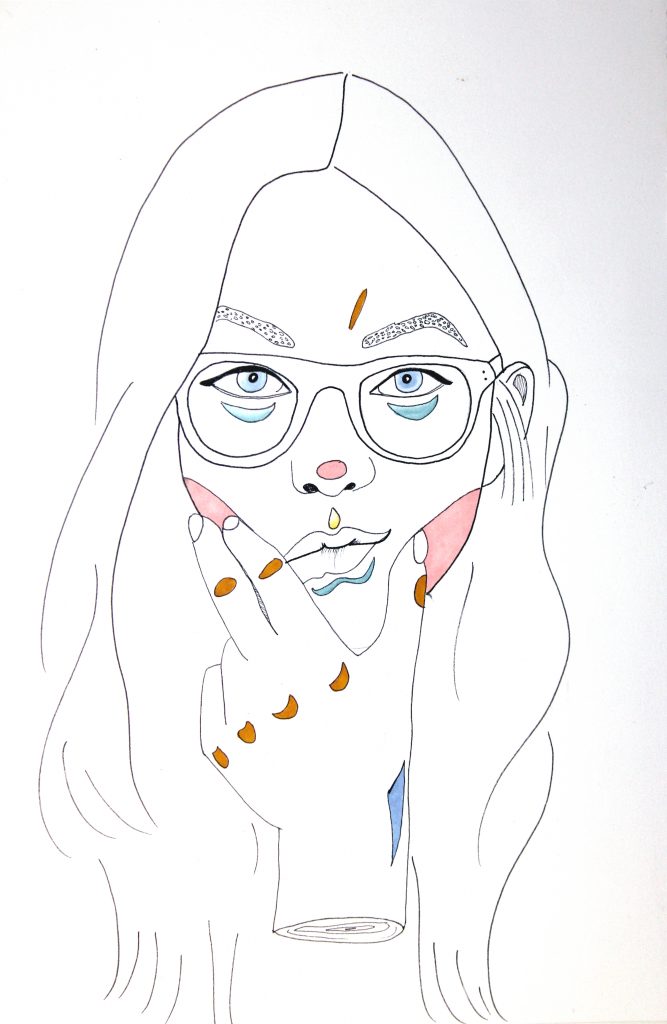
You’ve done so many different things already in your career, how did you find your current career as an art director and illustrator?
I have an incredible mom who’s extremely super supportive, and has always been on my team, and my number one fan. In college, I was concerned about picking a major for my career but my mom told be “major in what you like. Do what you like.” I’ve always loved making art, so I got a BFA in Fine Art. Ha!
I stumbled into advertising like most, I was working as an Office Manager at an Ad Agency, and worked my way up the ladder. Over the course of three years, I took night classes, built a portfolio and was able to work my way up to an Art Director. It just kind of happened. But it was that stick-to-it-ness and that determination that we’ve seen in many people with ADHD who just say “ I’m going to go for it” that I think got me here. So far I’m having a blast!
Advertising is full of folks with neurological differences like dyslexia and ADHD. Is it something that you ever speak openly about at work?
That’s a really wonderful question, and one that is very personally touching to me. No, I didn’t speak openly about it for many years. I didn’t want to be judged or have an employer question my abilities. So I just kept it to myself, but now I’ve realized it’s that little extra edge that makes me think differently and my ability to think differently is what makes me a successful creative.
What challenges do you find at work, and how have you learned to manage those challenges?
I used to think that if I asked, “Hey, can you repeat that?” Or, “I don’t understand.” I would come across as daft. And I don’t feel that way anymore. I used to be really intimidated to ask “I’m not following, do you mind repeating it?” because I knew it was the ADHD or the dyslexia that required me to need it explained in a different way, but now I’m very comfortable doing that. And chances are from explaining something in a different way, you discover something different as well.
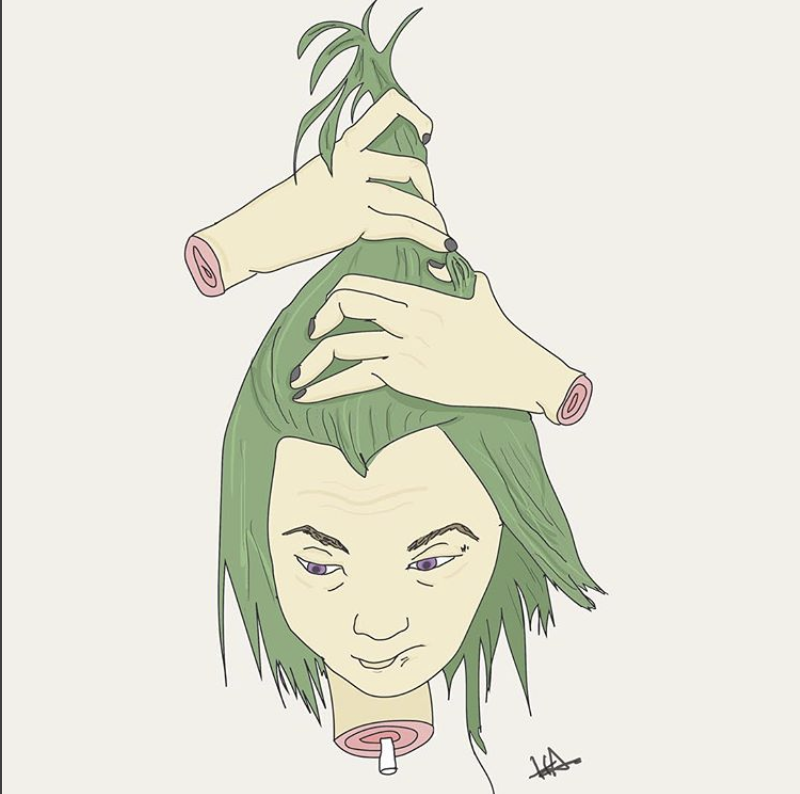
What would you want managers to know about managing a team member with neurological differences?
Right now, I have an incredible team who is super inclusive, and I have a wonderful, wonderful Creative Director who is my guiding light. It hasn’t always been that way. I would like to say is if you have somebody who can see things in a different way, they are likely going to problem solve differently. That means that the solutions they generate are going to be out of the box, and different than what somebody who isn’t ADHD is going to think of. We do, we think differently, we think outside the box, our solutions are different and we process uniquely. So, our outcomes are also going to be different and unique, and I think that is an asset to a team, wholeheartedly.
And on top of it, if you have had ADHD, and you have learned tips and tricks to manage it you’re probably going to be super-organized, and you’re going to have amazing time-management skills. You’re going to take on a lot and you can deliver. That is the kick ass quality that differently abled people are going to bring to the table, because they’re fearless. I don’t want to say that we have something to prove, but early on there always was this stigma with those who have ADHD are lazy, or they can’t sit still, and it’s like, “No, let me show you that I can handle this meeting, and be a badass. Let me show you that what I’m going to deliver is going to be beyond great, it’s going to be fantastic.”
So much wisdom, and you’re only 25.
Thank you. Like I said, I have an amazing mom, and I feel very lucky that I was diagnosed early. I know there are many adults who become diagnosed later on in life, and then that they go through this whole realization process, and they have to learn all these tips and tricks later on in life. I feel very fortunate that I had that early on, as a child. So now, in my early adulthood, I feel like I have a grasp on what ADHD is, how to work with it, how to talk about it. I’m still learning all the time, and there are new situations where I’m like, “Oh, I didn’t expect ADHD to affect me that way.” Or, like, “Oh, that’s a new thing for dyslexia to really throw a wrench in.” So, it’s always changing.
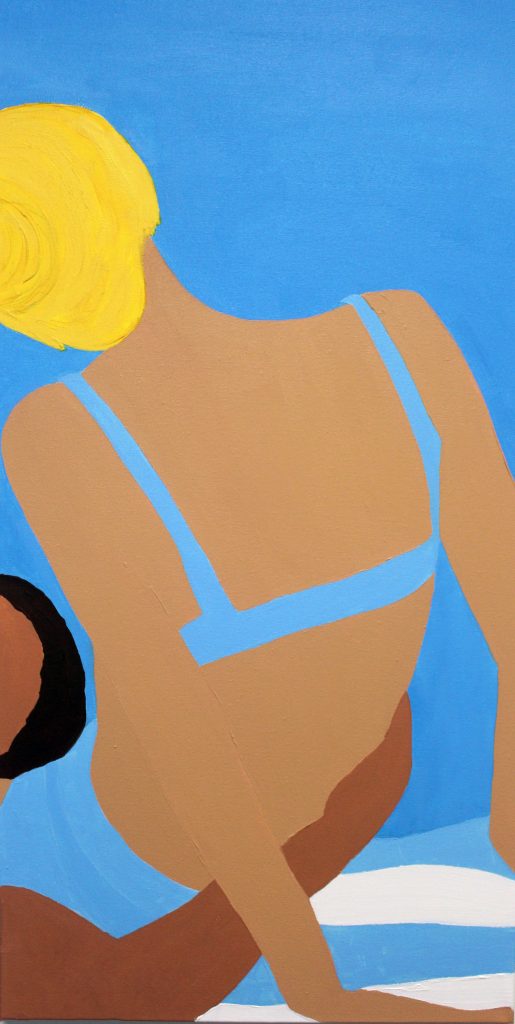
What would you want to tell someone who was just diagnosed with ADHD or dyslexia?
You are embarking on unlocking potential that you didn’t even know you had. You now have an explanation to things that might have been frustrating. It’s only going to open more doors.
Can you relate to Haye’s story? Leave a message in the comments below.
If you have an ADHD story you’d like to share with our community contact us here.
